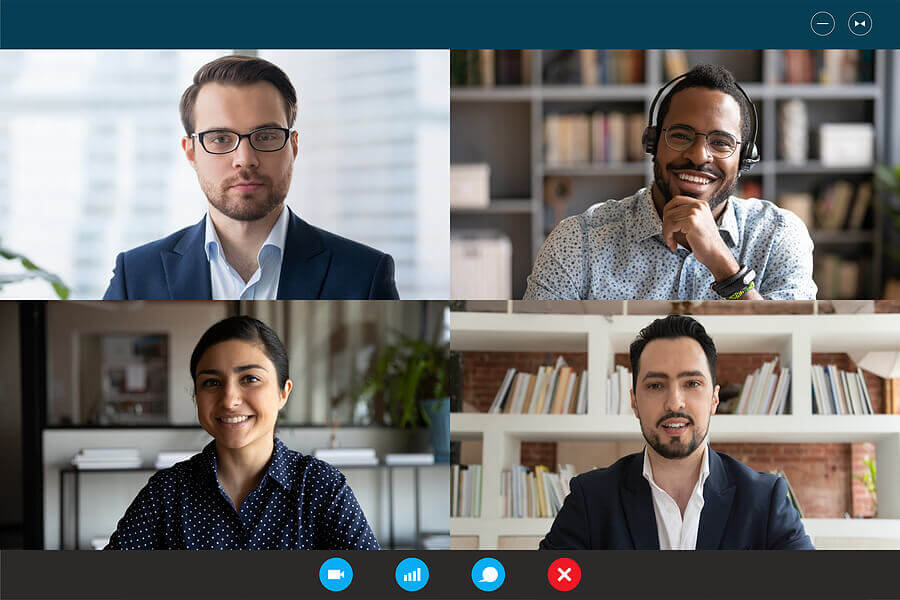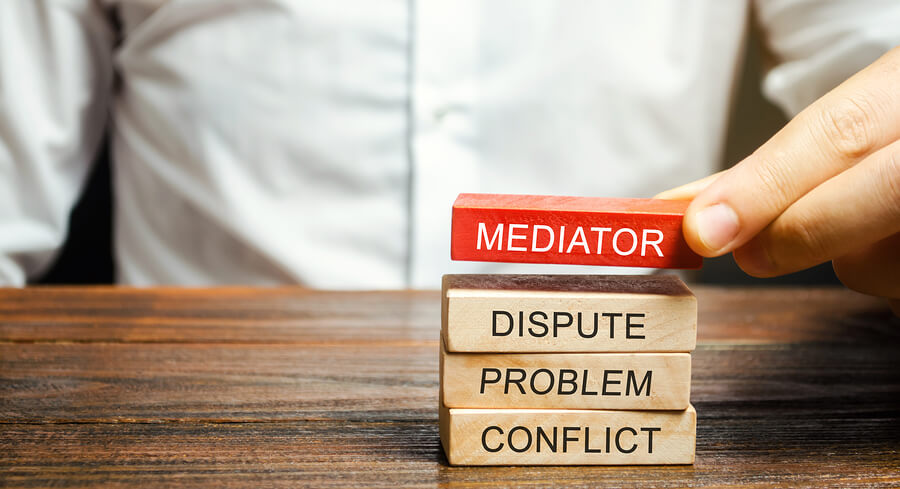
One of the primary roles of the mediator is to be impartial regardless of the parties’ circumstances and differences and to bring an open mind and heart to the process. Finding a neutral mediator is vital for all parties in mediation to ensure that a fair and just outcome is achieved. In order for a mediator to remain neutral, they must conduct the mediation without bias towards the parties as to any factor, including, age, race, color, gender, sexual orientation, disabilities, religious beliefs, or other ideologies.
Mediation has deservedly gained increasing popularity in the United States. Its advantage over adversarial litigation lies in its ability to encourage peace, connectedness, and community between and amongst parties. One of the persistent criticisms of mediation, however, is that bias is less controllable in informal forums than in court, where there are strict rules of procedure, a public forum, and a judge to oversee the process. That is why having a mediator with an open mind and a diverse background is highly valuable in alleviating the problem of implicit bias.
Becoming a culturally competent mediator is a process. The complexity of the task of mediation can be enlarged by the diversity of people that mediators encounter. Cultural competence requires a form of learning that is not only intellectual but also lodged in the heart. Compassion and empathy are as vital as curiosity and an open mind. Respect for the parties and relinquishing assumptions are crucial elements of cultural competence.
The mediator must keep in mind that participants in a mediation session might be approaching the task of problem-solving differently based on their background. For example, in some cultures, eye contact in a negotiation is considered aggressive, perhaps even offensive, while in other cultures the failure to make eye contact may be viewed as suspicious. Another example is the preferred use of many mediators to work with the parties on a first-name basis because the informality contributes to a spirit of collaboration. However, a first-name basis may be uncomfortable for people who are accustomed to a more formal manner of addressing people in a business setting. It may also be uncomfortable for people who, because of cultural or power dynamics, have felt demeaned when called by their first names.
Unfortunately, there is not a lot of diversity in mediation. Mediators are predominately white males of advanced age. Although the availability of female mediators and mediators of color is gaining ground, it still may be difficult to find such a mediator.
The lack of diversity in the selection of mediators is one of the reasons I have become passionate about becoming a mediator. As a woman of color, and a child of immigrants, I encountered numerous cultural differences that occurred inside and outside the home. Living in and traveling to various parts of the world has provided me the opportunity to experience different cultures and beliefs. I became tri-lingual, and appreciate the comfort provided to a person who is able to communicate in their native language and with someone who has an understanding of their culture. Although I am not a Mormon, I chose to attend Brigham Young University, whose student body is over 99% Mormon. That experience provided me with the opportunity to experience diversity in different religious beliefs, and make valuable, enduring friendships. While living in Minnesota I lead the Minority Women Lawyers Association for many years to promote diversity. As an open-minded, culturally competent, and compassionate mediator, I take pride in providing a truly neutral space for parties to explore areas of beneficial resolution.




